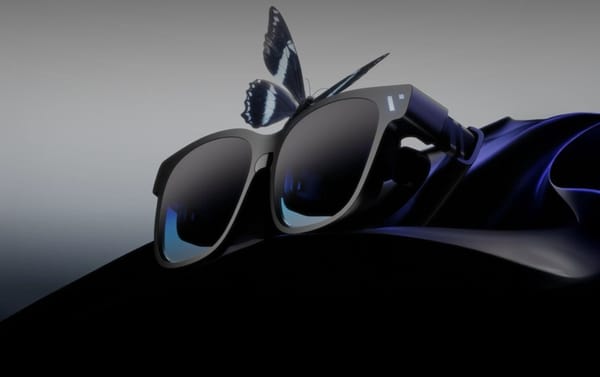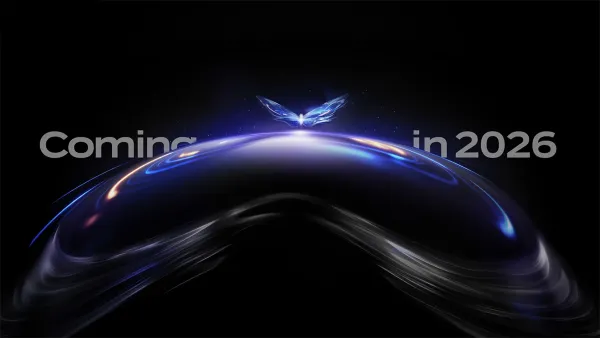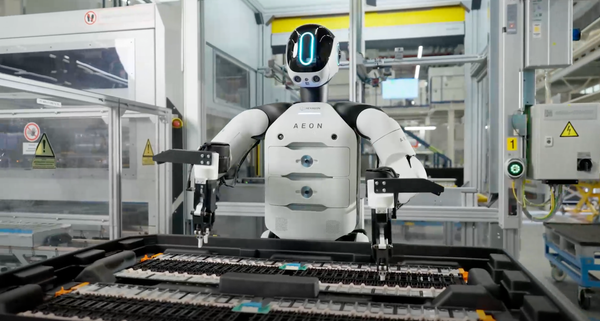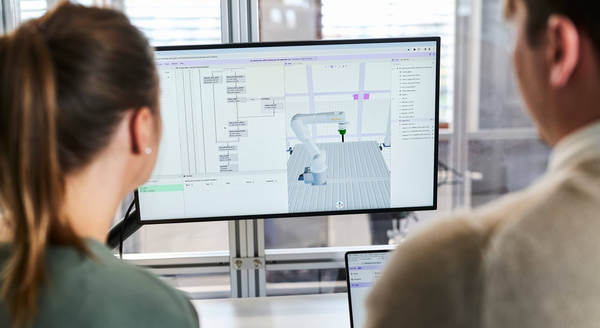Galea Neon Launches as First Untethered Brain, Body, and Eye Tracking Headset
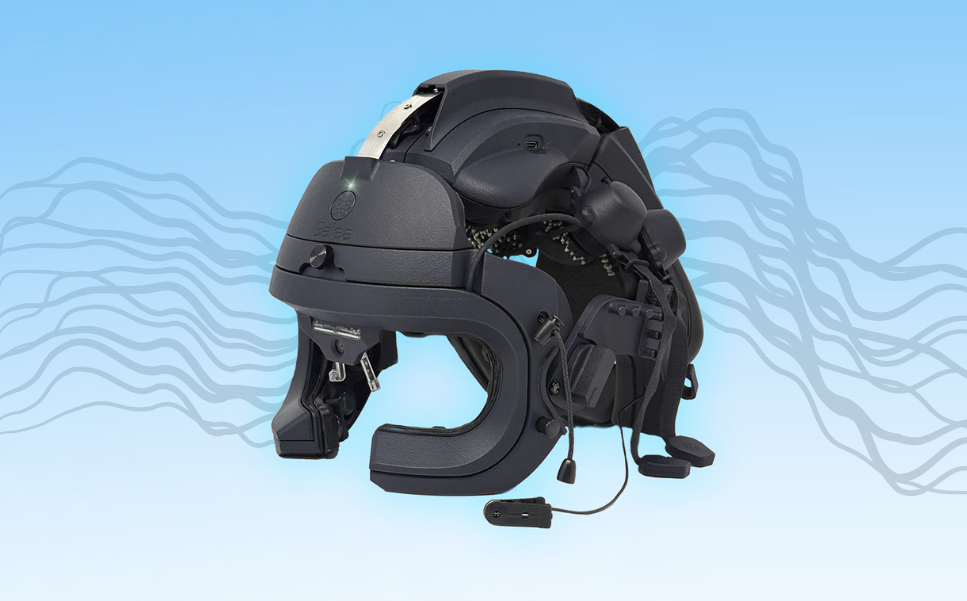
- Galea Neon is the first fully standalone headset to combine brain, body, and eye tracking for mobile cognitive and behavioral research.
- The system supports high-resolution sensing, real-time data access, and seamless transitions between VR, MR, and real-world experiments.
OpenBCI and Pupil Labs have launched Galea Neon, the first headset to combine brain, body, and eye tracking in a fully standalone system. The device merges OpenBCI’s Galea biosensing hardware with Pupil Labs’ modular Neon eye tracker. Designed for mobile research across cognitive and behavioral domains, Galea Neon operates without external equipment or tethers, enabling high-resolution data capture in both VR and natural settings.
“Researchers have always been forced to piece together separate tools for brain, body, and eye tracking with each tool having its own setup, synchronization, and data access challenges,” said Conor Russomanno, CEO and founder of OpenBCI, in an official blog post. “With Galea and Neon, you can now capture a comprehensive multi-modal dataset in a single session, from a single platform, with confidence that every signal is perfectly aligned.”
Galea Neon features dry EEG, EMG, eye tracking, and motion sensors in a single wireless device with a 7-hour battery. Its 200 Hz eye tracker offers precise gaze data with minimal setup, and compatibility with SteamVR and Varjo headsets allows smooth transitions across VR, MR, screen-based, and real-world research.

All sensor signals are automatically time-synchronized and available in real time through Galea’s software tools. Researchers can visualize, stream, and analyze data using built-in interfaces or connect directly to game engines like Unity and Unreal. The system removes the need to sync separate devices, cutting setup time and complexity across environments.
🌀 Tom’s Take:
OpenBCI has delivered the first standalone system that lets researchers explore the full spectrum of human experience, from physiology to cognition, across both real-world and simulated environments.
Source: OpenBCI

